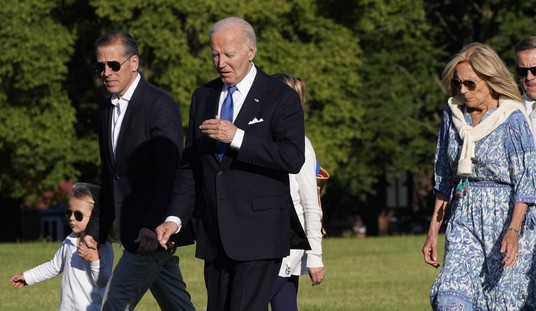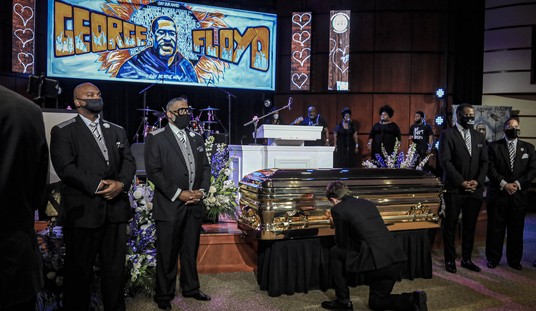By: Teresa Mull
“Fewer kids in [North Carolina] are attending traditional public schools,” the News & Observer (Raleigh, NC) announced late last month, simultaneously pondering, “What does that mean?”
To the rational thinker, “that” means more families are finding local public schools insufficient to meet their needs and are seeking educational services elsewhere, with many of them no doubt taking advantage of one of the state’s several education-choice programs.
Government school sycophants, though, would have us believe parents are being duped into sending their children to alternative schools and that those who support school choice are somehow forcing these families to abandon traditional public schools out of a maniacal desire to destroy public education.
“Keith Poston, president and executive director of the Public School Forum of North Carolina, says the expanded choice is part of a concerted political strategy to paint the public schools as failing,” the News & Observer reported. “As an example, he cited the state’s school performance grades – A through F – that are largely based on the passing rates of students on state exams.”
A group of people intent on destroying public education have implemented school choice to destroy public schools, Poston says, and are painting them as failing by holding them to a standard. Last I checked, giving people the opportunity to shop around for products and services did not cause any one product or service to fail; it’s the service’s inherent value that determines its survival. But not in Poston’s world. To him, holding something accountable and expecting it to perform is unfair and just downright mean.
“It’s not an accident that we’re seeing an increase in scrutiny of public schools through testing and grades, which tell us nothing more than the socioeconomic status of the students at the school, and those same test grades are being used to justify providing more private options,” Poston told the News & Observer.
Would Poston rather public schools have zero accountability measurements, since, after all, these students are apparently only performing poorly on tests because they’re disadvantaged? Which sounds more likely: students failing in public schools and then transferring to schools that fit them better or poor test grades being fabricated by those who want to provide more private options?
Poston’s blame game is as demeaning and offensive as it is illogical. He dooms students to poor test scores because of their backgrounds and then asserts their parents are ignoramuses who choose to send their children to private, charter, and homeschools because they fell for the old “public schools produce failing students” trick performed by the school-choice sneaks. Many of these disadvantaged students, it’s important to note, are finding better schooling solutions in alternative schools, thanks to school-choice programs catered specifically to them. They’re achieving success in spite of their disadvantages when they’re able to break away from the one-size-fits-all system Poston would like to exile them to.
Poston and those like him are dead set on preserving a government system that benefits adults—even when it fails children, as Poston admits North Carolina’s schools do—and will continue the ridiculous blame game for as long as they can. The public school advocates never explain why school-choice supporters—the majority of whom support private, charter, homeschools, and any variety of education that fits a child’s needs—are supposedly out to get government schools. That’s because there is no vendetta. But the educational establishment continues to weave a negative narrative to advance its own interests.
“I don’t see this as people abandoning the idea of public education,” Terry Stoops, director of education research studies for the John Locke Foundation, told the News & Observer. “They’re simply saying I know what’s best for my child and I’m going to pursue an option that’s given to me to allow my child to thrive.”
North Carolina is leading the way in education reform by giving families options they actually want. The numbers prove it, as do the protestations from Poston and others whose paycheck is dependent on the proliferation of government schools.
Teresa Mull ([email protected]) is a research fellow in education policy at The Heartland Institute.













Join the conversation as a VIP Member